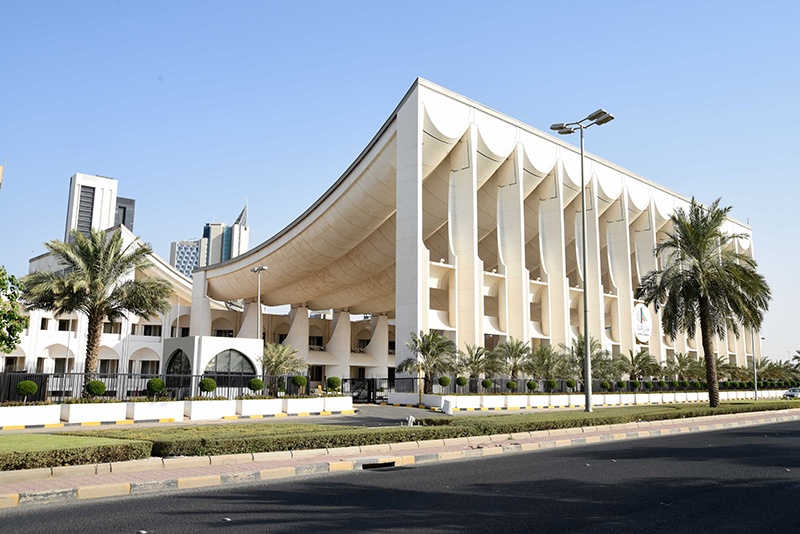By B Izzak
KUWAIT: Five opposition lawmakers yesterday filed a draft law calling to suspend Kuwait's foreign aid for five years amid official reports stating that the country is projected to accumulate KD 81 billion in fiscal deficits over 12 years. The bill, filed by MPs Hasan Jowhar, Abdullah Al-Mudhaf, Muhalhal Al-Mudhaf, Hamad Rouh El-Din and Muhannad Al-Sayer, stipulates that the government suspend all forms of foreign aid, loans and deposits for five years due to the difficult financial situation facing Kuwait as a result of low oil prices and the coronavirus pandemic.
The bill however excludes urgent relief aid due to natural catastrophes and pandemics. It also calls on authorities to use all available channels to ensure that loans given to foreign countries are repaid. MP Bader Al-Dahoum said yesterday that during a meeting of the budgets committee, he proposed to the director of the Kuwait Fund for Arab Economic Development to stop giving loans to foreign countries and instead direct the money to the Kuwaiti government to face the rising budget deficit. He said the director rejected the idea. He called on the government to seriously study the proposal because it will provide funds to the budget.
The government has sent a draft law to the National Assembly seeking to withdraw KD 5 billion annually from the future generations fund to finance the state coffers in the face of a growing budget deficit. Finance Minister Khalifa Hamada said in a statement that the government projects accumulated deficits over five years - from fiscal years 2020/2021 until 2024/2025 - at KD 55.4 billion.
Based on official statistics, accumulated actual budget deficits in the seven years from 2014/2015 to 2019/2020 reached KD 26.1 billion. This means budget deficits over 12 years could reach KD 81 billion. Notably, the budget for the upcoming fiscal year is calculated based on an average oil price of $45 per barrel, while the budget for the current fiscal year is based on oil prices of $30 per barrel.
The government's bill to withdraw from the generations fund came after the state's reserve fund was drained due to the sharp fall in oil prices. The finance ministry said easy methods to provide cash injections to the general reserve fund have vanished, and it's time to carry out fundamental reforms that aim at reducing public spending, about 71 percent of which goes for wages and subsidies, and raising non-oil revenues.
Meanwhile, the constitutional court yesterday rejected three petitions calling to nullify the results of the National Assembly elections due to alleged irregularities. The ruling, which is final, means the Assembly elections are immune to challenges.
.jpg)

